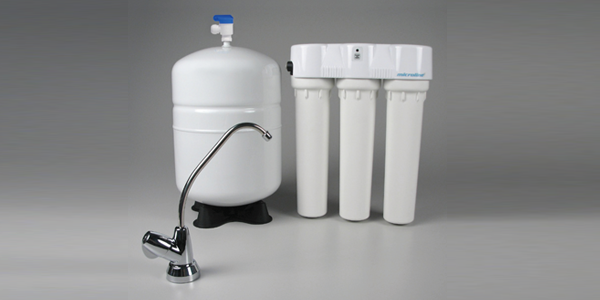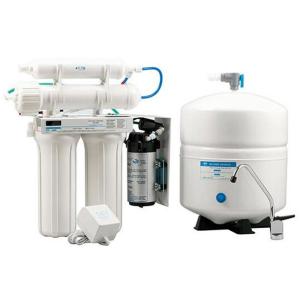
Are you aware that only about 2.5 percent of the water on the Earth can be drunk? The balance 97.5 percent is salt water that we cannot use unless it is desalinated. Of the 2.5 percent that we can use, about three-fourths is frozen in the ice caps and glaciers, leaving just one quarter for household use. Fresh water is found in lakes, rivers, streams, underground, and glaciers.
The world is heading towards a freshwater crisis due mainly due to its mismanagement. This crisis is already evident in many parts of the world, varying in scale and intensity depending on the time of the year, climate, and location.
Another reason for the depletion of freshwater resources, particularly groundwater resources, is a rapidly increasing human population.
Recognizing the importance of water resources to the planet’s future, the United Nations General Assembly proclaimed the year 2003 the International Year of Freshwater. This will provide an opportunity to raise awareness, motivate people, and mobilize resources in order to manage water in a sustainable way.

How safe is your tap water
RO Water Purifier Grace
Fully automatic with auto start and auto off
Best for installation on kitchen counter
Elegant body machine fully covered in a plastic cabinet
Makes purest water by removing both dissolved and soluble impurities
Enhances taste of water
Modern Styling with elegant transparent cover for protection against dust.
ModelGrace
Dimension
385 x 200 x 480 mm (WDH)
Storage tank cap.
9 Ltrs.
Production cap.
10-15 Ltrs./hr.
Power Rating
30 Watts
% Reduction in TDS
90 approx.
Weight
12.5 kg.
Voltage
130 V..AC 50 Hz
Solid input water
2000-2500 mg/hr.
Max. Duty Cycle
80 ltrs./day.
Filter Cartridges
Particle filter
sediment filter,
pre carbon, R.O.
Membrane, post carbon
UV Filtration (optional)Water Cycle
The different water sources of the earth get their water supply from precipitation, while this precipitation in itself is the evaporation from these sources. Water is lost to the atmosphere as vapour from the earth, it condenses and then precipitates back in the form of rain, snow, hail, dew, frost or sleet. This is the hydrologic cycle that continues forever thereby maintaining a balance between the two.
